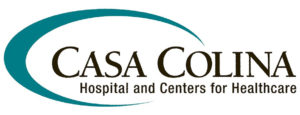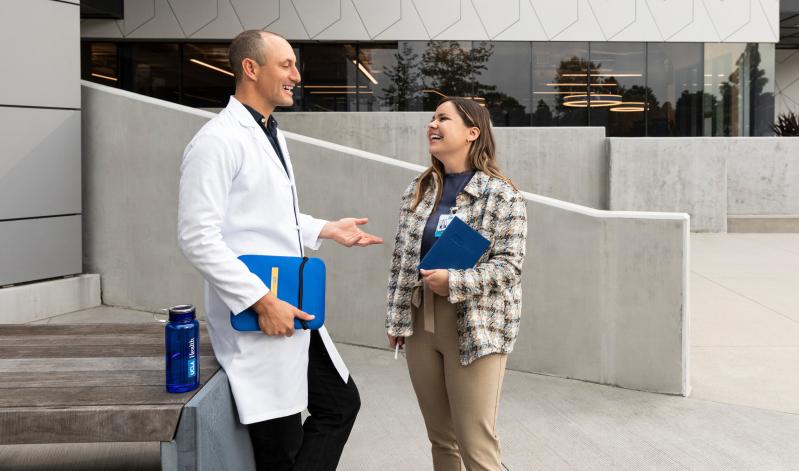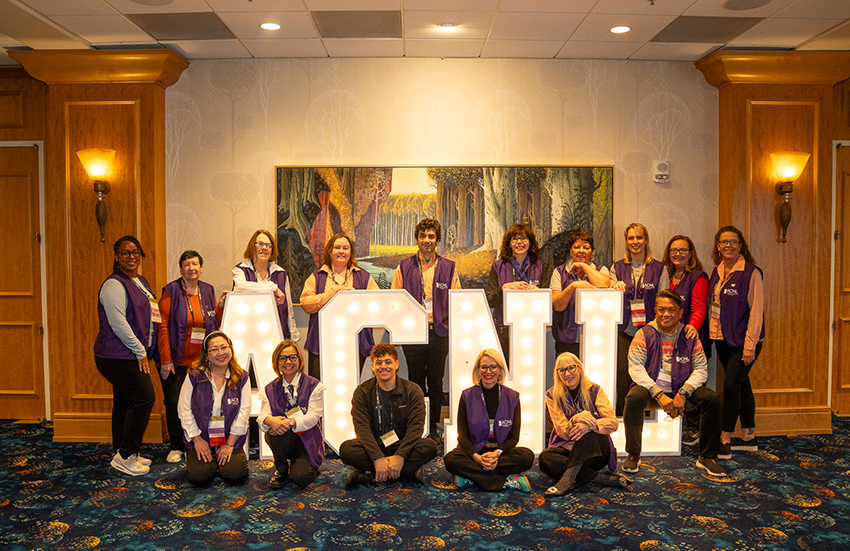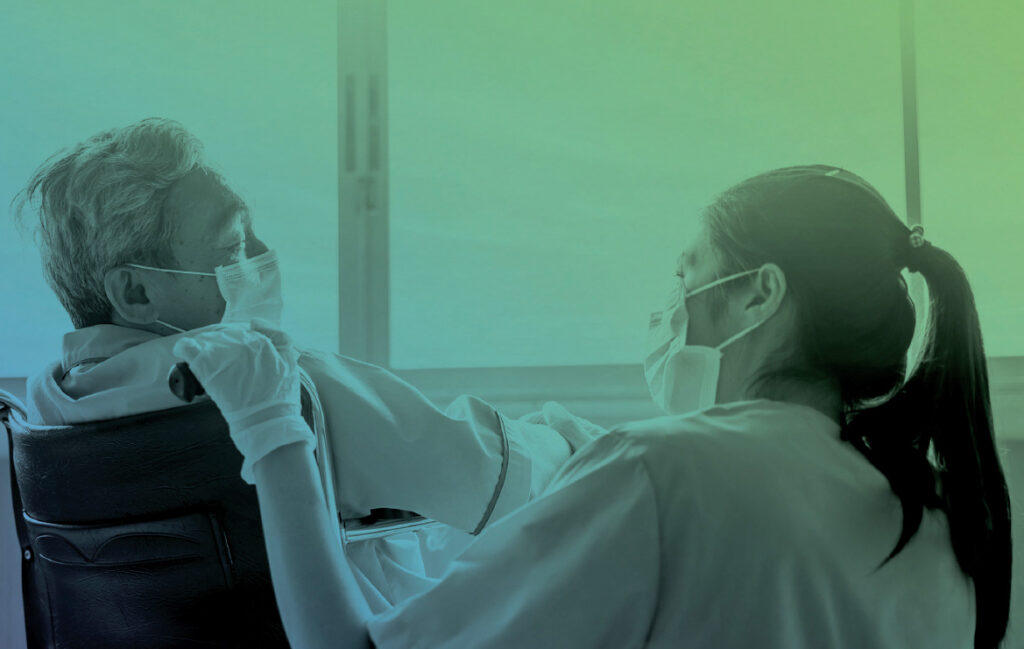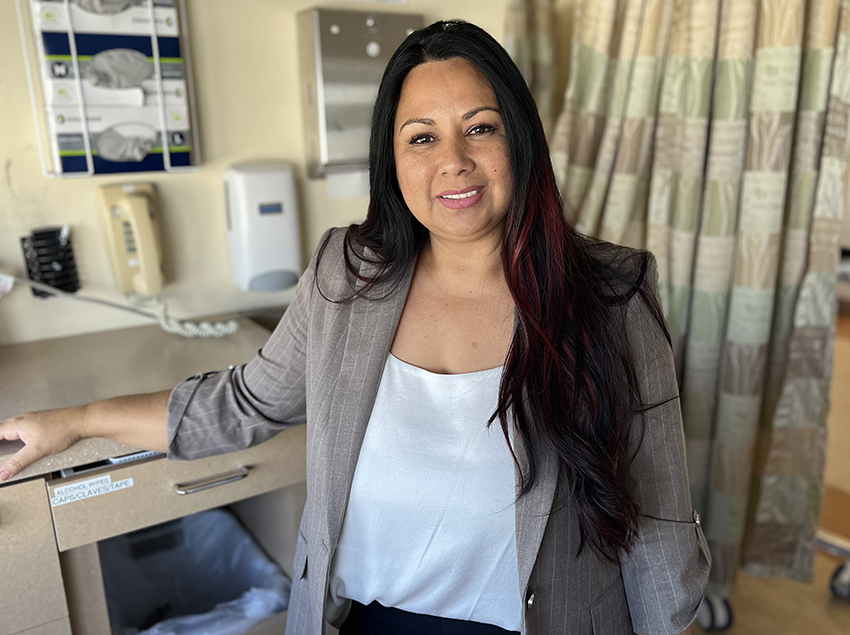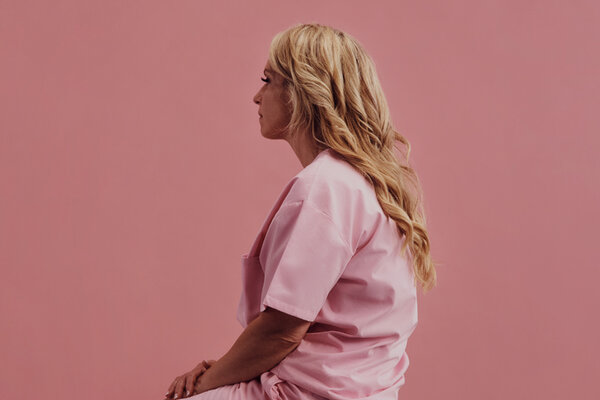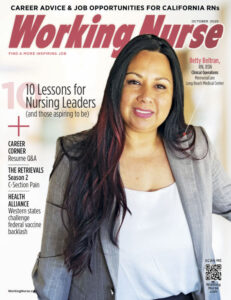Feature
Keep Your Cool or Burn Out
Strategies to Help Nurses Cope With COVID-19 Stress

Working in a hospital setting may fill us with the sense that we are battling an invisible enemy, and every code is a tug-of-war against the dark side. The COVID-19 pandemic has made those feelings more acute than ever.
Nurses may find themselves the sole support for their patients or a patient’s only means of communicating with their family. Some nurses have even had to deal with the horrific tragedy of their coworkers dying from the virus.
The stress levels of healthcare workers have never been higher, so it’s important that nurses prioritize self-care and find ways to recharge with positive energy.
That isn’t always easy these days. The pandemic has disrupted everyone’s daily routines. The news is full of doom and gloom, and many of your usual haunts may be closed for the duration. Socializing with people outside your household is tricky, and even going out to walk the dog means masking up.
However, nurses are nothing if not inventive. Here are some healthy recommendations to keep the stress in check.
How Are You Feeling? Let’s Revisit Some Coping Strategies
The Basics — Food and Water
In a crisis situation, it can be hard to avoid junk food, but good nutrition is important to maintaining your energy and your immune system. With the recurrent closures of indoor dining in California, many of us have rediscovered our kitchens. Some nurses are growing their own fresh produce or taking up baking. Some of us are focusing on staying well-hydrated. I have a hard time swallowing eight glasses of water a day, so I make up daily bottles of water to keep with me.
Break a Sweat
Perhaps you used to hit the gym after work to let off steam. That’s not an option now with the lockdown orders (and probably not a good idea even in areas where gyms are open), but nurses are finding other ways to stay physically active outside of work.
Daily walks and hiking are still options as long as you wear a mask and remember social distancing. (If you’re planning on going for a hike, be sure to check first that trails are open.) So are jogging, biking, tennis and golf. Most swimming pools are currently closed in L.A., but if you can make it to the beach, swimming and kayaking in the ocean are okay.









